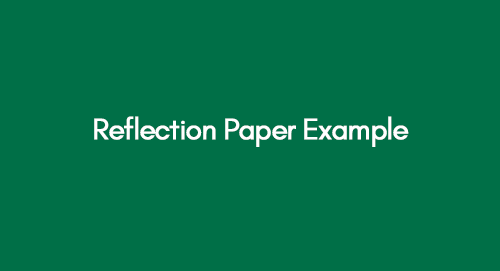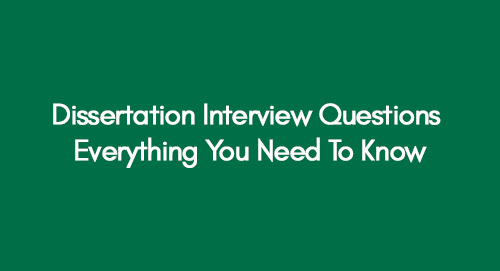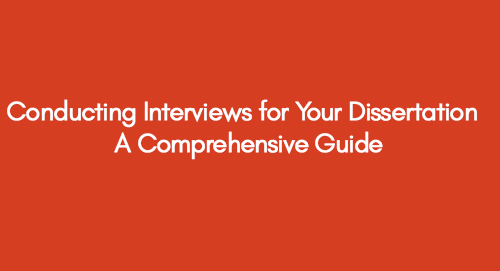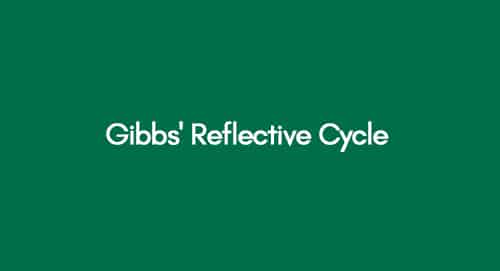
How to Use Primary Data in Your Dissertation| Examples
November 22, 2022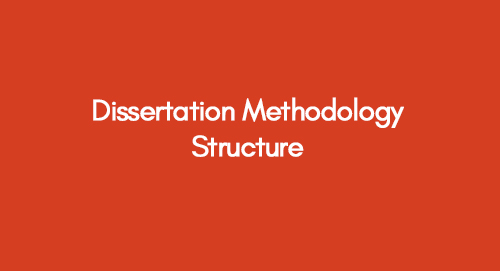
How to Craft a Dissertation Methodology Structure? | Tips,Types & FAQs
November 22, 2022If you're a student looking for guidance on how to structure, format, and write a reflection paper, this post is for you. We've compiled a list of examples you can view and download to understand better what a reflection paper should look like.
But why are reflection papers important, and how can reflection paper examples be beneficial to you? Reflection papers are a way to reflect on your experiences, thoughts, and feelings about a particular subject or event.
The following reflection paper example will give you a sense of what a well-written reflection paper looks like and how to structure your own. You will also notice how professionals approach a reflection paper.
You can view and explore reflection paper examples by clicking here.
Using these examples as a guide, you can hone your writing skills and submit a polished and professional reflection paper. So let's get started on learning how to write a reflection paper!
What is a Reflection Paper?
A reflection paper, also known as a reflective essay, is a 500-word written assignment where the writer reflects on a personal experience or event. This essay allows the writer to analyze and evaluate their personal growth and development during a certain period.
The essay should provide information about the experience and insights and reflect on how it changed or influenced the writer's attitude, behaviour, and beliefs.
A reflection paper should have a clear introduction, body, and conclusion to convey the overall message and subjective reflections effectively. The writer must remain honest and unbiased while providing supportive evidence or specific examples from experience. Overall, a reflection paper may be useful for self-evaluation and personal development.
Reflection paper examples can be found in various academic settings, such as in notes from classes or meetings, and in professional settings, such as work evaluations or self-assessments. Regardless of where it appears, the key component of a successful reflection paper is demonstrating reflective thinking and self-awareness.
Types of Reflection Papers
1. Personal Reflection Paper
A personal reflection paper is a paper written by you that describes your thoughts, feelings, and experiences. This type of paper can be written for a class or personal use. When writing a personal reflection paper, you will want to focus on your thoughts and experiences and how they have affected you.
2. Research Reflection Paper
A research reflection paper is a paper that describes your thoughts, feelings, and experiences related to a specific research project. This type of paper is usually written for a class, such as a psychology class, in which you are conducting research.
When writing a research reflection paper, you will want to focus on your thoughts and experiences related to the research process and the results of the research itself.
3. Fieldwork Reflection Paper
A fieldwork reflection paper is a paper that describes your thoughts, feelings, and experiences related to a specific fieldwork experience. This type of paper is usually written for a class, such as an anthropology class, in which you have conducted fieldwork.
When writing a fieldwork reflection paper, you will want to focus on your thoughts and experiences related to the fieldwork experience itself.
4. Service-Learning Reflection Paper
A service-learning reflection paper is a paper that describes your thoughts, feelings, and experiences related to a specific service-learning experience. This type of paper is usually written for a class in which you have participated in service learning. When writing a service-learning reflection paper, you will want to focus on your thoughts and experiences related to the service-learning experience.
Guidelines for Writing a Reflective Essay
Here are some guidelines to get started if you write about an experience.
1. Pick a Topic
You will be reflecting on an experience, so choose one that stayed with you somehow. It could be something as big as your gap year or as small as a weekend away with friends. If you are stuck for ideas, think about memories that made you laugh, cry, be angry, or be shocked. Once you have decided on a topic, jot down some points about what happened and how you felt at the time. These will serve as the building blocks for your essay.
Here are some reflection paper topic examples:
- How social media and television influence our decision-making.
- In a century, how technologies will change the world.
- What childhood fantasy of yours has come true, and which one would never?
2. Create an Outline
Once you know what you want to write about, create an outline of your ideas. It will help keep your thoughts organized and prevent tangents (as much as possible). A basic reflective essay structure goes like this:
- Introduction
- What Happened?
- Thoughts and Feelings
- Analysis and Learning
- Conclusion
However, feel free to add extra paragraphs if necessary. For example, if you want to reflect on multiple experiences, you could include a paragraph for each. Make sure that each experience ties back into your central theme somehow.
3. Write Your Introduction
Your introduction should give the reader an idea of what your paper will be about. The justification for your choice of subject and how it has impacted you should also be included. The introduction should be one or two paragraphs long.
4. Write the Body Paragraphs
.
That is where you flesh out your ideas and share your experiences. When writing about what happened, use neutral language, and stick to the facts.
In other words, don’t editorialize or say things like “it was the worst day ever” or “I’ve never been so embarrassed in my life”—stick to what actually happened without passing judgment on it. In the second half of each body paragraph, discuss how the experience made you feel and what lessons you learnt from it.
Be honest with yourself—there is no need to paint yourself in a positive light if the experience was negative. Ultimately, reflective essays are meant to help you learn from your experiences, so don’t shy away from admitting when something didn’t go according to plan!
5. Write the Conclusion
The conclusion of your reflection paper should summarize everything you have talked about in your paper. It is also a good opportunity to reflect on what you have learned from this experience and how it has changed you. The conclusion should be one or two paragraphs long."
Conclusion
A reflective essay is an opportunity for you to share your thoughts and feelings about a certain topic or experience. By thoughtfully analyzing and reflecting on your life experiences, you can gain new insights into who you are and learn ways to grow and improve moving forward.
Writing a reflection paper may seem easy at first, but it isn't always as straightforward as it seems—especially if this is your first time doing it! However, following these simple guidelines should set you on the right track toward writing a successful essay that reflects on past experiences in an insightful and meaningful way.
Want to learn more about academic writing? Explore the topics below;
- How to Write an Abstract for a Research Paper
- How to Write A Good Abstract
- How to Write an Introduction for Research
Contact Premier Dissertations to help craft the best reflection paper and explore more reflection paper examples.

















